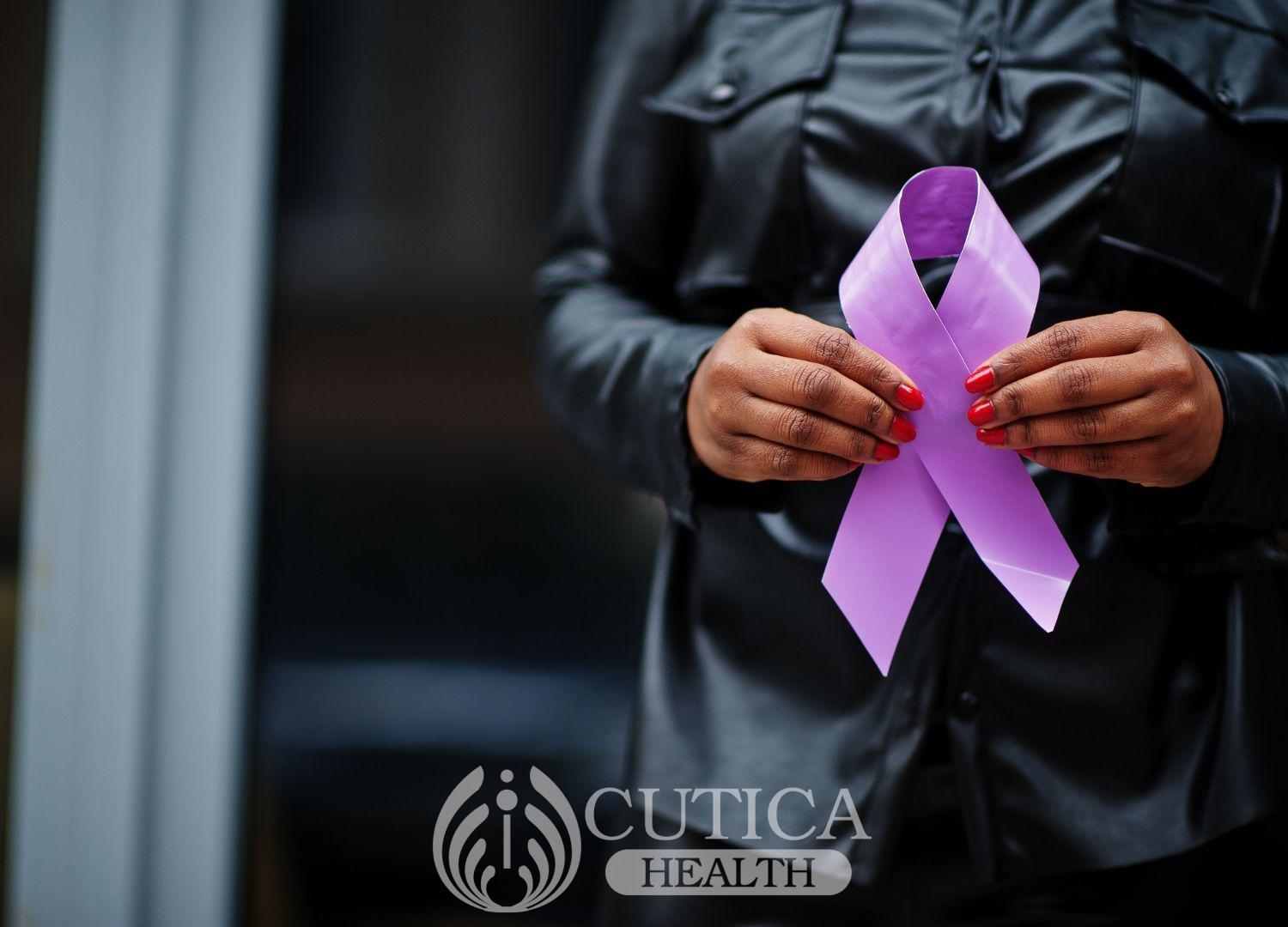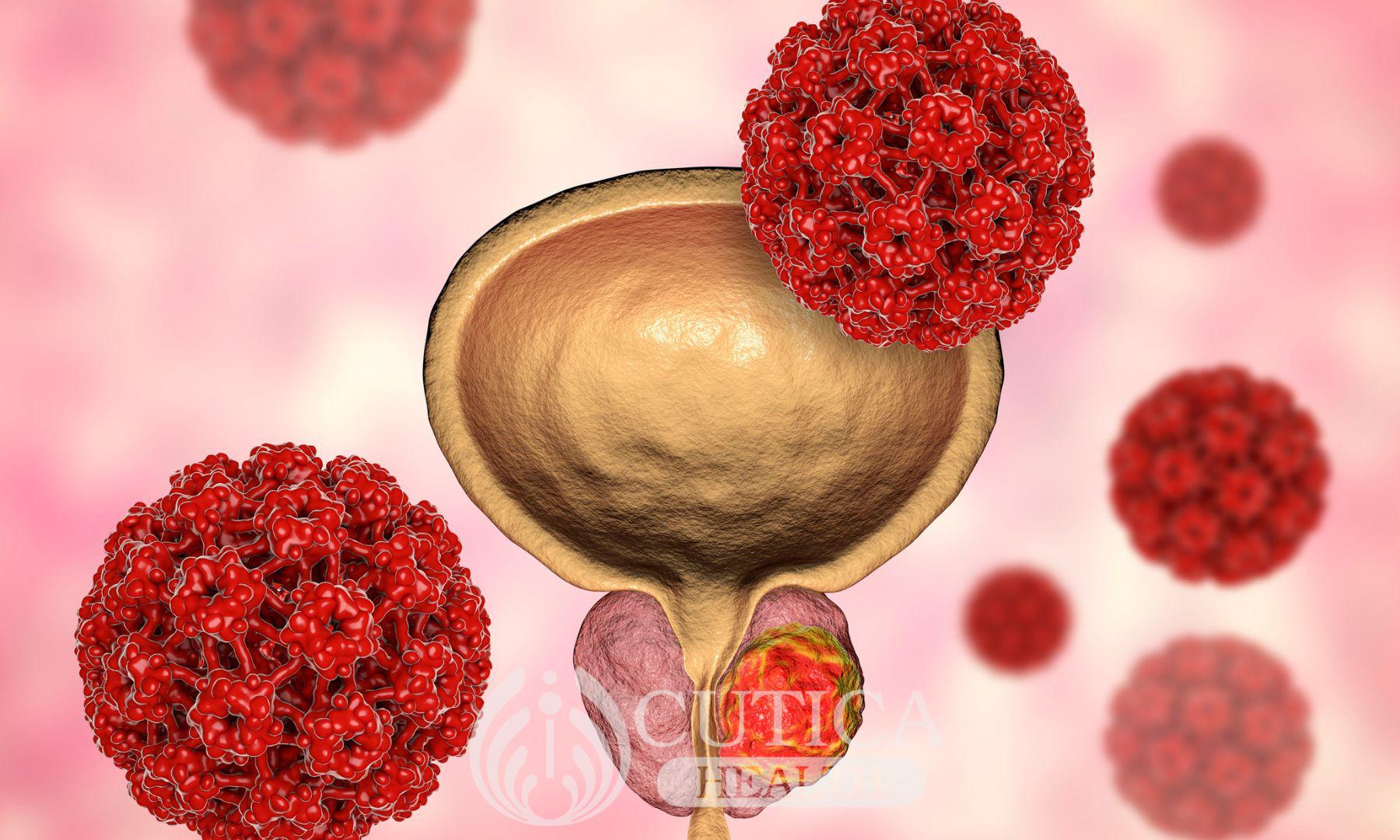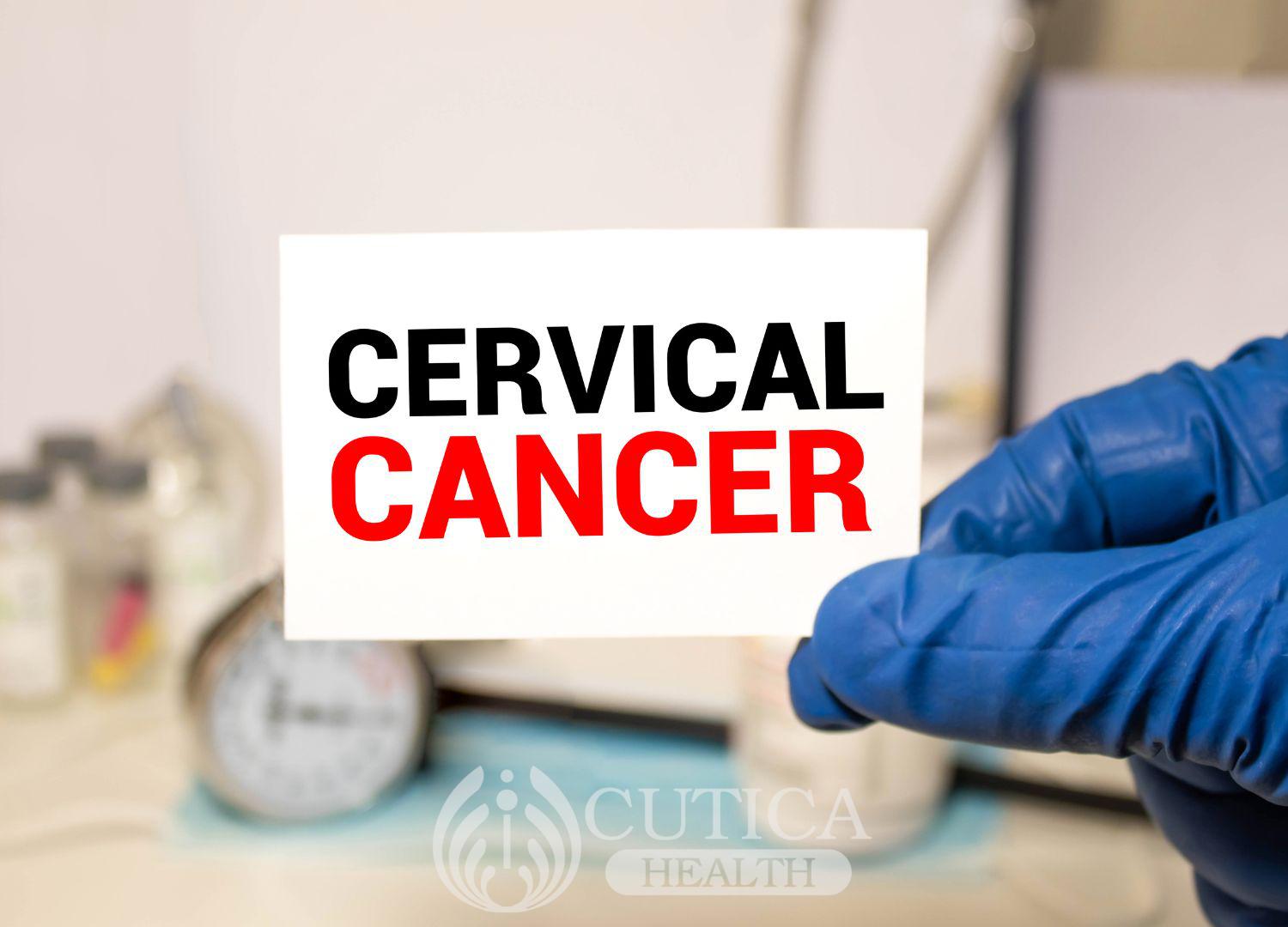
Cancer is a killer disease, no doubt, being one of the top five causes of death globally. Cancer can occur at any age, but most cancers occur with advancing age. When people say cancer, a lot of things come to mind, many of which may be ill-informed. Here are five things to know about cancer.
It is not a death sentence
This might surprise you but it's true; there are millions of cancer survivors all over the world, meaning that a diagnosis of cancer is not a death sentence. Probably the most important message is that early diagnosis is extremely important to beat cancer. For example, if you notice an unusual swelling or new symptoms that are not going away, get checked out.

About 50% of cancers are preventable
Again, this might shock you, but it is true that about 50% of cancers are preventable. All the cancers below are preventable and/or easier to manage if caught early through regular check-up.
- Lung cancer: Stop cigarette smoking
- Breast cancer: Regular breast examination and mammogram
- Colorectal (colon) cancer: regular screening with colonoscopy or other methods
- Cervical cancer: Regular pap smear
- Prostate cancer: Periodic PSA assay
- Skin cancer: Avoid excessive ultraviolet light exposure from the sun.
Some cancers are self-inflicted:
Painful but true! An answer to each of the following questions attests to this. Heavy smoking, heavy alcohol consumption, risky sexual behavior, and poor treatment of your ulcer or heartburn are all potent risk factors for cancer. While some types of cancers have a genetic link - meaning your risk of developing such cancer is mainly due to the presence of a genetic mutation, such as in breast cancer - several other cancers are caused by environmental factors.

Cancer can occur at any Age
While we usually associate cancer with the elderly, cancers can occur at any age. Blood cancers, called leukemia and lymphomas, can occur in children as young as five, while cancer of the testes can occur even in young boys.

Exercise lowers your risk: Physical activity goes beyond aerobics; it also protects you from cancer. I'm sure you know that exercise is good for your heart and the prescription of 30 minutes a day, most days of the week is very well known. But, you probably didn't know that beyond benefits for your heart, exercise and physical activity are protective against certain cancers. With growing evidence, exercise is now considered a very important part of your treatment even after a cancer diagnosis. So, so get up and go!
 Take-home message: You can do a lot to lower your risk of developing cancer. When cancer strikes however, early diagnosis and proper treatment are important to beat it. Ask your doctor whether you should be screened for cancer. The answer will depend on many factors such as your age and family history.
Take-home message: You can do a lot to lower your risk of developing cancer. When cancer strikes however, early diagnosis and proper treatment are important to beat it. Ask your doctor whether you should be screened for cancer. The answer will depend on many factors such as your age and family history.












